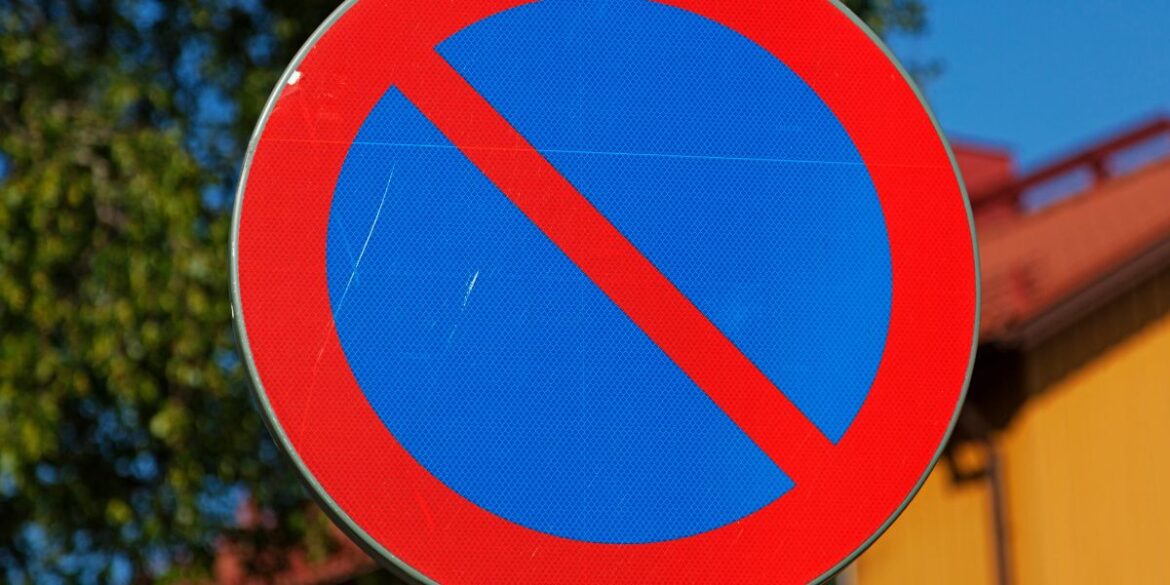Gracie Gold’s Brave Disclosure: A Turning Point in U.S. Figure Skating
In a significant development within the U.S. figure skating community, Olympic medalist Gracie Gold’s public disclosure of her traumatic experience has led to severe consequences for fellow Olympian Brendan Kerry. Gold revealed that she was raped by Kerry in 2017. This revelation initiated a series of investigations that culminated in the U.S. Center for SafeSport imposing a lifetime ban on Kerry in May 2024. The ban was finalized by an arbitrator in September, marking a crucial step in addressing abuse within the sport.
Bringing Darkness to Light
Gold’s courageous decision to speak out about her personal trauma has not only focused public attention on her experience but has also uncovered multiple allegations against Kerry. These include serious accusations of misconduct involving a minor. Despite the gravity of these claims, procedural delays and challenges regarding jurisdiction had previously allowed Kerry to continue his career relatively unimpeded for several years. It wasn’t until the release of Gold’s memoir in February 2024 that the urgency of the case was revived, prompting SafeSport to expedite its investigation into Kerry’s actions.
The Role of SafeSport
The developments surrounding Gold’s disclosure have sparked a broader conversation about the effectiveness of the U.S. Center for SafeSport and its ability to safeguard athletes from abuse. Gracie Gold has publicly criticized the organization, stating, “I just don’t think that it is working, really, at all.” She emphasized that without her decision to go public, the case against Kerry, particularly concerning the involved minor, might never have received the attention it desperately needed.
Challenges and Limitations
In the aftermath of these revelations, it became clear that the system responsible for protecting athletes is riddled with challenges. Ju’Riese Colón, SafeSport’s Chief Executive, acknowledged the organization’s shortcomings in handling the investigation into Kerry. Key issues included limited funding and restrictions on information sharing on an international level, which complicated their ability to address allegations effectively. These systemic limitations underscore the urgent need for reforms to fortify the safeguarding mechanisms designed for athletes.
A Call for Systemic Reforms
The incident involving Gracie Gold and Brendan Kerry has highlighted a crucial need for systematic changes within sports organizations to enhance athlete safety and accountability. Advocates for reform emphasize that the current structure does not adequately support victims and fails to promote an environment where athletes feel secure in reporting abuses. Moving forward, it is essential that regulations and protocols be revisited and revised to prioritize the well-being of every participant in the sport.
Community Impact and Future Directions
The fallout from Gold’s revelations extends beyond individual cases; it has ignited a conversation about the culture within competitive sports, particularly figure skating. Athletes, coaches, and stakeholders are calling for a collective effort to ensure that the issue of athlete abuse is treated with the seriousness it demands. As more survivors step forward to share their experiences, there is hope that the momentum created by Gold’s bravery could lead to meaningful action that transcends the figure skating community.
Conclusion
Gracie Gold’s disclosure of her experience with Brendan Kerry has not only resulted in immediate consequences for Kerry but has also opened the floodgates for much-needed discussions about athlete safety and systemic accountability within sports organizations. With ongoing criticism of the efficacy of SafeSport, it is evident that organizations must work diligently to improve their processes and provide secure avenues for reporting abuse. As the U.S. figure skating community and sports organizations reckon with these revelations, it is essential to prioritize the safety and well-being of athletes to foster a supportive environment for all.
FAQs
What is the role of the U.S. Center for SafeSport?
The U.S. Center for SafeSport is an independent organization focused on promoting the safety of athletes and preventing abuse within sports. It conducts investigations into allegations of misconduct and administers training programs to help educate athletes and coaches about abuse prevention.
What happened to Brendan Kerry following Gracie Gold’s disclosure?
Following Gracie Gold’s public revelation of her rape, Brendan Kerry was investigated by the U.S. Center for SafeSport. He received a lifetime ban from the sport in May 2024, which was finalized by an arbitrator in September 2024, following additional allegations against him.
What impact has Gracie Gold’s memoir had on the situation?
Gracie Gold’s memoir, published in February 2024, renewed attention to her case and prompted SafeSport to expedite their investigation into Brendan Kerry. It served as a crucial catalyst for addressing the historical and ongoing issues of abuse in figure skating.
What are the criticisms of SafeSport?
Critics, including Gracie Gold, cite that SafeSport has limitations, such as insufficient funding and restrictions on international collaboration, which hinder its effectiveness in addressing complaints of abuse and ensuring athlete safety.
Why is systemic reform important in sports organizations?
Systemic reform is crucial in sports organizations to ensure that athletes have a safe environment to compete and report any abuse or misconduct. Improving protocols and protective measures will help prevent future incidents and establish accountability within the sports culture.

